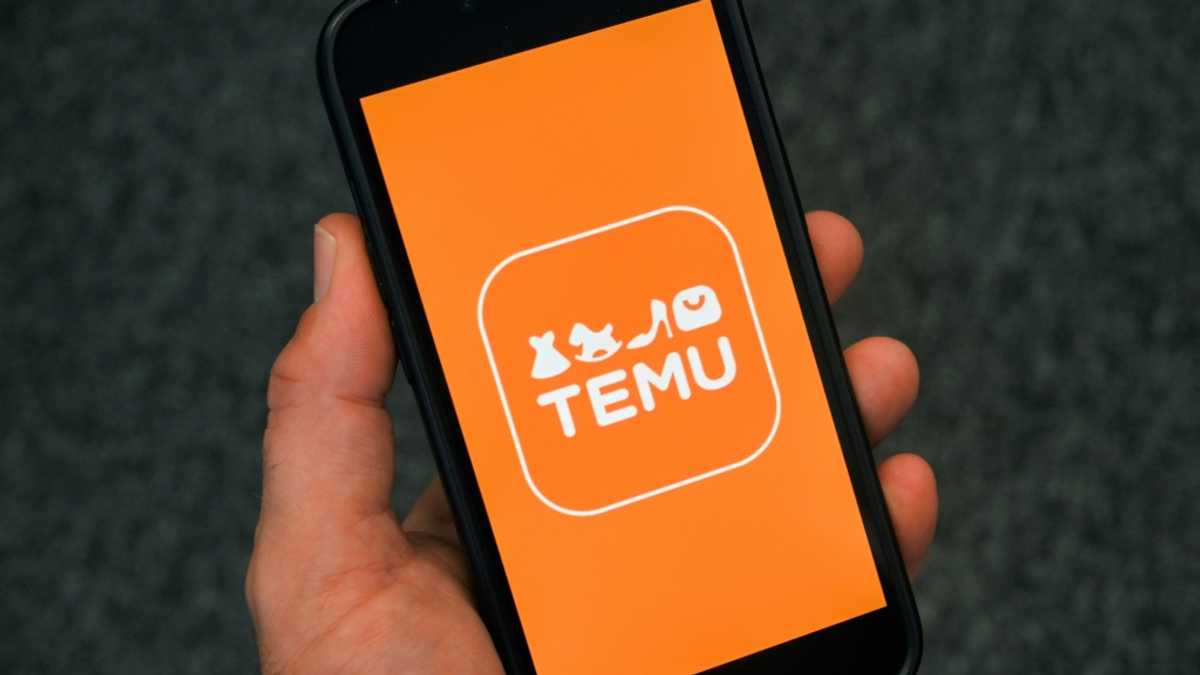US officials have pointed to the growth of Chinese-founded online retailers Shein and Temu as a key factor behind an increase in low-value shipments.
Photo: Nicolas TUCAT / AFP
Source: AFP
The United States unveiled a new rule Friday to tighten an exemption allowing low-value imports to enter the country duty-free, taking aim at Chinese shipments that might be benefiting from it.
The proposal disqualifies certain products from the low-value, or “de minimis,” exemption, which allows goods valued at $800 or below to come into the United States without paying duties or certain taxes.
“Both the volume and combined worth of low-value, or de minimis, shipments to the United States have risen significantly over the past ten years,” said Secretary of Homeland Security Alejandro Mayorkas in a statement.
He added that the exemption has “undermined American businesses and workers” while allowing foreign products to flood US ports of entry, making it harder to screen the goods for security risks.
“The actions announced today to tighten this exemption will strengthen America’s economic and national security,” he said.
The number of shipments claiming the exemption rose from about 139 million in fiscal year 2015 to more than a billion in 2023.

Read also
Chinese give guarded welcome to spending subsidies
US officials have pointed to the growth of Chinese-founded online retailers Shein and Temu — known for selling items at low prices — as a key factor behind this increase.
National Economic Advisor Lael Brainard accused Chinese-founded e-commerce platforms of trying to “gain an unfair trade advantage” by using the rules.
With the new proposed rule, products subject to tariffs imposed under Section 301 of the Trade Act, for example, would not qualify for duty-free treatment under the de minimis exemption.
The section has been a key tool used to justify levies against China in recent years.
Section 301 tariffs hit about 70 percent of Chinese textile and apparel imports, meaning the move would reduce the number of shipments entering through this exemption.
Packages containing products subject to Section 232 tariffs on steel and aluminum goods, as well as Section 201 safeguards impacting solar manufacturing, are also targeted.
In a notice on Friday, US Customs and Border Protection (CBP) said low-value e-commerce shipments pose the same risks as higher-value ones.

Read also
US tightens controls on advanced chips to curb flow to China
The large volume of imports and smaller amount of data received about low-value shipments make it increasingly tough to “target and block illicit synthetic drugs such as fentanyl and synthetic drug raw materials and related manufacturing equipment from entering the country,” said the CBP.
In 2024, more than 120 US lawmakers raised “grave concerns” over the de minimis “trade loophole” in a letter and urged President Joe Biden to close it.
Further action on the matter will fall to incoming President-elect Donald Trump, who takes office next week.
PAY ATTENTION: Сheck out news that is picked exactly for YOU ➡️ find the “Recommended for you” block on the home page and enjoy!
Source: AFP
